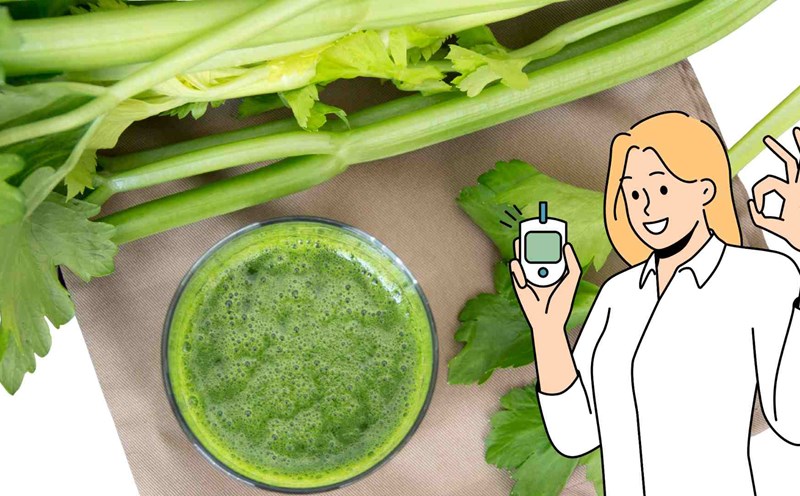Limit animal organ intake
animal organs such as liver, lungs, large intestines, cow's tongue or chicken liver are favorite dishes of many people. However, these foods contain very high levels of fat and purines. Eating too much fat can easily increase blood lipids, leading to fat deposits in blood vessels, causing atherosclerosis and increasing blood pressure.
The kidneys are organs with many blood vessels, if blood pressure is not controlled, it will damage these blood vessels, causing impaired kidney function. In addition, high purine intake also increases uric acid, causing urate deposition in the kidneys and leading to gout kidney disease.
Drink as little as possible
A study published in the journal JAMA Network Open in 2022 with 370,000 participants showed that drinking any amount of alcohol increases the risk of cardiovascular disease and high blood pressure, even if only consumed a small amount.
Many people believe that drinking alcohol can help dilate blood vessels and lower blood pressure, but this is a simple and easily misunderstood concept. For people with high blood pressure, it is best not to drink alcohol to avoid further damaging the terminal organs.
Reduce fatty meat consumption
Fatty meat contains high fat content, if consumed regularly, it will increase the risk of dyslipidemia and damage to blood vessels - negatively affecting blood pressure control and cardiovascular health.
Avoid pickled and sour foods and chewy tobacco
Sour and smoking salt products have the common characteristic of containing a lot of salt. Blood pressure tends to increase with salt consumption. The World Health Organization recommends that adults should only consume less than 5 grams of salt per day.
Don't eat fried foods
Fried foods are delicious and attractive but contain a lot of fat. Eating regularly can cause high blood pressure, dyslipidemia and damage to blood vessels. Therefore, for people with high blood pressure, this is a food group that needs to be minimized.











